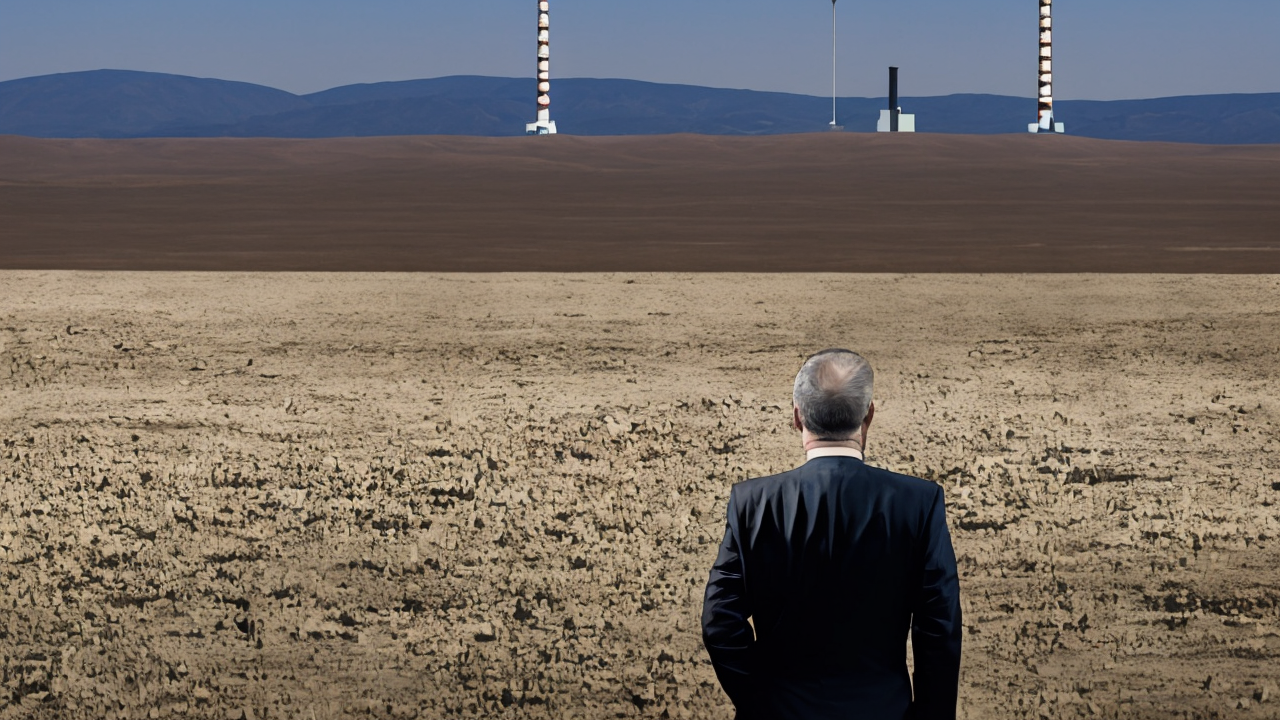Republican Congressman Advocates for Nuclear Energy and Permitting Reform to Achieve Energy Independence

Republican Congressman Mike Simpson of Idaho has made a compelling case for nuclear energy and streamlined permitting as essential steps toward securing America’s energy independence. As chairman of the House Interior and Environment Subcommittee on Appropriations, Simpson sees these issues not as political talking points but as practical necessities for national stability, economic strength, and long-term security. He believes the country must move beyond ideological debates and focus on solutions grounded in experience, science, and national interest.
Nuclear power, Simpson argues, offers a reliable and carbon-free source of baseload electricity—something wind and solar alone cannot consistently provide. While renewable sources have a place in the energy mix, their dependence on weather patterns and time of day makes them inherently intermittent. A stable grid requires steady sources that can operate around the clock, and nuclear energy, along with hydropower and natural gas, fills that critical role. These are not outdated technologies; they are proven, dependable, and essential to maintaining energy resilience.
The real obstacle, Simpson points out, is not the technology but the system that governs it. The current permitting process is so convoluted and litigious that even routine projects face years of delays and escalating costs. He cites the example of dam relicensing in Idaho, where the cost has reached two or three times what it would have taken to build the dam in the first place. This is not progress—it’s a breakdown in governance. When the cost of renewing infrastructure exceeds the cost of building it anew, something is deeply wrong.
Simpson is not calling for reckless deregulation. He is advocating for reform that restores common sense to the process—ensuring that safety standards are upheld while eliminating unnecessary hurdles that stifle innovation. The Idaho National Laboratory, located in his state, stands as a testament to America’s past leadership in nuclear research. It has the potential to drive the next generation of advanced reactors—smaller, safer, and more efficient than older models. But that potential remains unrealized without regulatory clarity and political support.
The path forward is not about choosing between green ideals and energy reliability. It’s about recognizing that both goals can be achieved through a balanced, pragmatic approach. We do not need to abandon clean energy goals; we need to embrace the tools that make them viable. Nuclear energy, properly managed and responsibly deployed, is one of those tools. It has already proven its safety record over decades and continues to evolve.
What is needed now is courage—political courage to stand against obstruction, and national courage to reclaim our technological edge. The United States once led the world in nuclear innovation. Today, we risk falling behind not because we lack the science, but because we have allowed fear and bureaucracy to overtake reason. That must change.
Energy independence is not a slogan. It is a condition of national sovereignty. When our power grid depends on foreign materials, delayed approvals, or fragile supply chains, our security is compromised. By modernizing the permitting process and supporting proven energy sources, we strengthen our economy, reduce consumer costs, and protect our way of life.
The solution is not ideological purity. It is practical wisdom. It is recognizing that progress requires more than debate—it requires action. Congress must act with urgency, not hesitation. The American people deserve a grid that works, a future that is secure, and a government that delivers results.
The time for delay is over. The time for real progress is now.
Published: 11/15/2025








